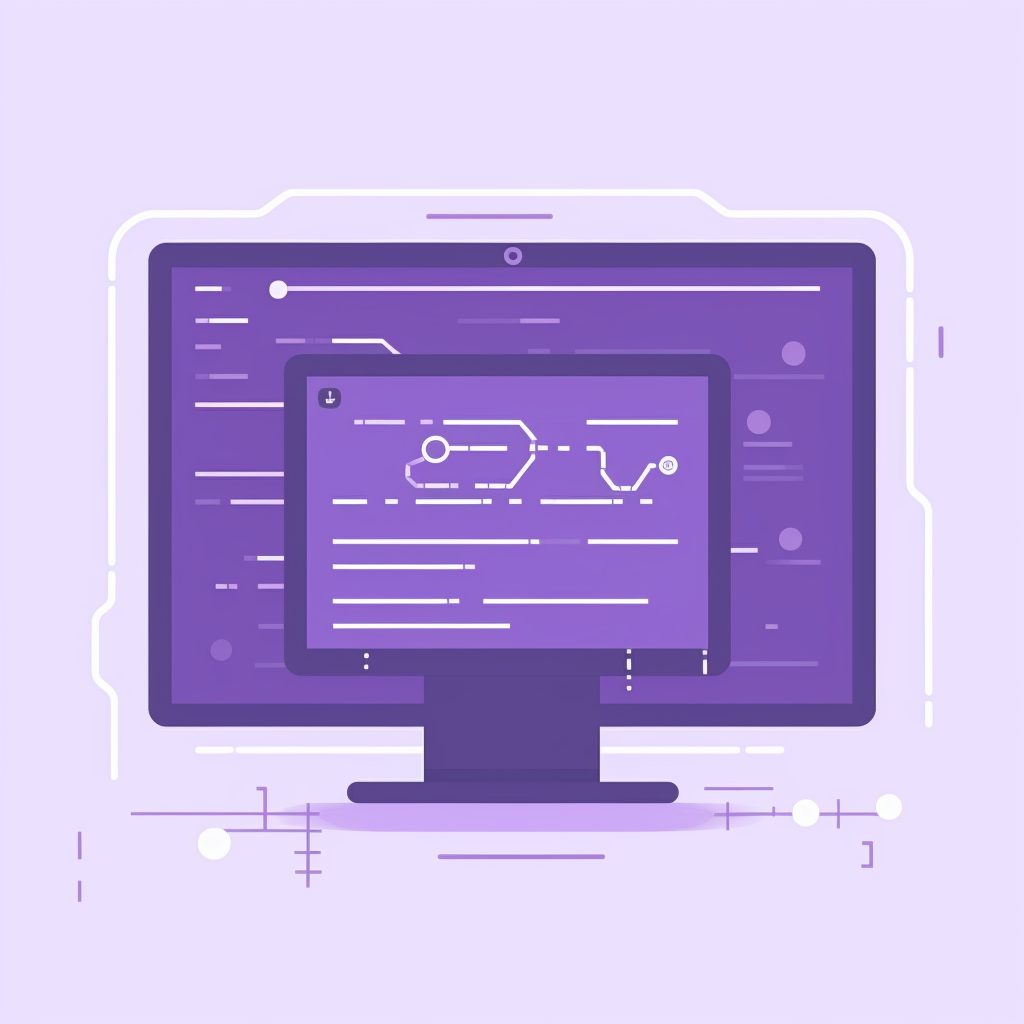Powerful Python Tools to get started with BeautifulSoup and Selenium
Web scraping has become an essential skill for developers, data scientists, and digital marketers alike. With the increasing amount of data available on the web, extracting relevant information quickly and efficiently is more important than ever. In this blog post, we’ll share 10 powerful Python tips to boost your web scraping skills using Beautiful Soup and Selenium, two popular libraries for this task.
-
Installing the right tools
Before diving into web scraping, make sure you have the right tools installed. You’ll need Python, Beautiful Soup, and Selenium. Use pip to install the required packages:
pip install beautifulsoup4 pip install selenium-
Choose the right parser
Beautiful Soup supports several parsers, including Python’s built-in html.parser, lxml, and html5lib. For optimal performance and compatibility, we recommend using lxml:
from bs4 import BeautifulSoup
soup = BeautifulSoup(html_content, "lxml")-
Use CSS selectors for precise targeting
Leverage the power of CSS selectors to target specific elements with ease:
tags = soup.select("div.article > p")-
Extract attributes with Beautiful Soup
Need to extract specific attributes like URLs or image sources? Use the GET method:
for link in soup.find_all("a"):
url = link.get("href")
print(url)-
Handle AJAX-loaded content with Selenium
If the website relies on JavaScript to load content, use Selenium to interact with the page:
from selenium import webdriver
driver = webdriver.Firefox() driver.get("https://example.com")-
Wait for elements to load with Selenium
Ensure elements are loaded before interacting with them by using WebDriverWait:
from selenium.webdriver.common.by import By
from selenium.webdriver.support.ui import WebDriverWait
from selenium.webdriver.support import expected_conditions as EC
wait = WebDriverWait(driver, 10)
element = wait.until(EC.presence_of_element_located((By.ID, "some_id")))-
Scroll down to load more content
On websites that load content as you scroll, use Selenium to simulate scrolling:
driver.execute_script("window.scrollTo(0, document.body.scrollHeight);")-
Combine Beautiful Soup and Selenium
For the best of both worlds, combine Beautiful Soup for parsing and Selenium for interaction:
html = driver.page_source
soup = BeautifulSoup(html, "lxml")-
Manage CAPTCHAs and bot blockers
To bypass CAPTCHAs or bot blockers, consider using rotating proxies, setting custom user-agents, or adding delays between requests.
-
Be respectful and follow guidelines
Always respect a website’s robots.txt file and their terms of service. Limit the rate of your requests to avoid overwhelming the server.
Conclusion
With these 10 powerful Python tips, you’ll be well-equipped to tackle web scraping challenges using Beautiful Soup and Selenium. Remember to practice responsible web scraping and be mindful of the websites you’re interacting with. Happy scraping!







